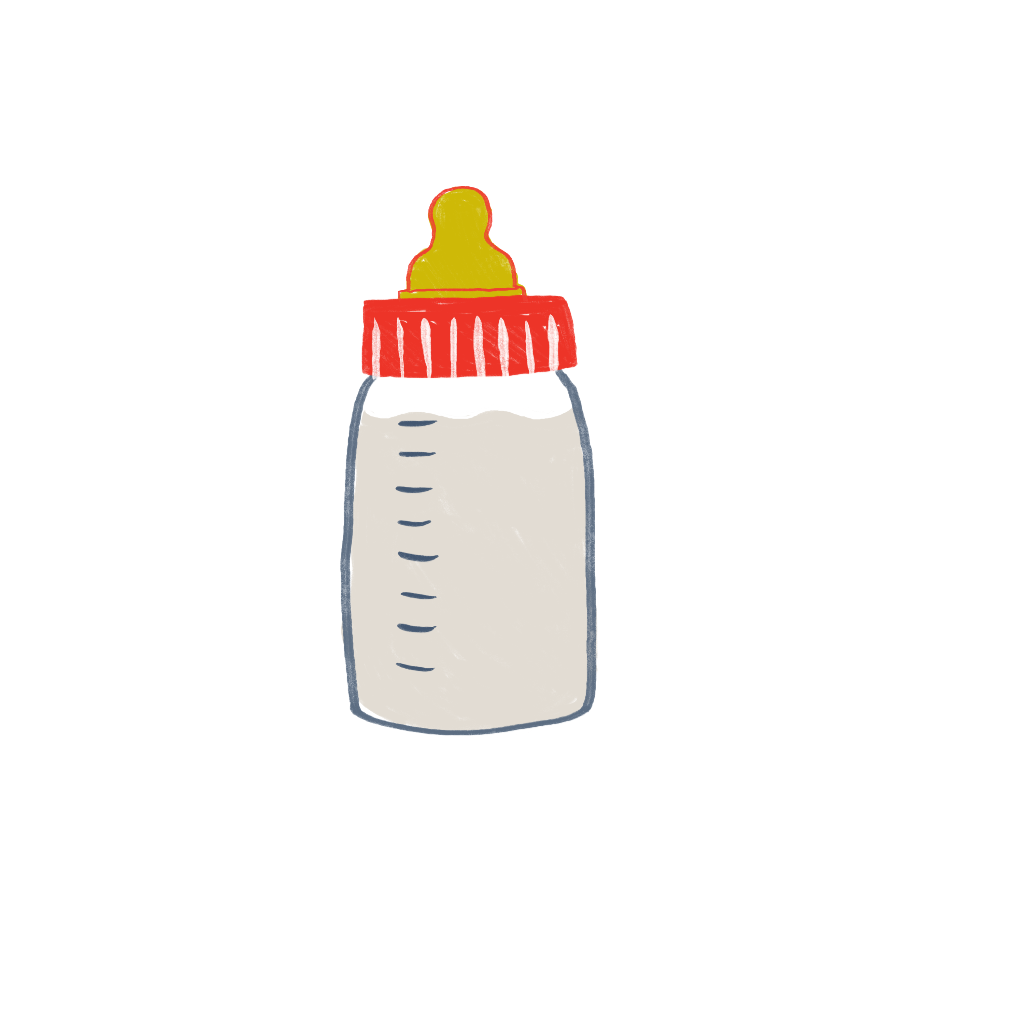From mompreneurs taking over the business world to mothers leading households, women are redefining traditional norms of motherhood.
By Alexis Green, Illustrations by Jessica Wetterer
1 in 4
Gone are the days of the white picket fence and household gendered norms. Although the majority of mothers in the U.S. are married, according to the Pew Research Center, about a quarter are raising children on their own. Additionally, more mothers are becoming the heads of their households, with 40 percent saying they are the primary or sole earner in their family, compared with 11 percent in 1960.
4.3 Babies
In the time it took to read this sentence, a baby was born, as 4.3 babies are born every second. With more than 2 billion moms worldwide— and 85.4 million of them in the U.S.— mothers basically rule the world.
$233,610
The average cost of raising a child in a middle-income family, according to a recent report from the USDA, is nearly a quarter of a million dollars— and that doesn’t even include the price tag associated with a college or postsecondary education. But parents don’t have to wait for Baby to arrive before the expenses add up. Prenatal care, labor and delivery costs can run new parents as much as $11,000. In vitro fertilization can cost $15,000 for just one round, with multiple rounds often required for conceiving a child. Going the adoption route isn’t very affordable either, with costs in the U.S. ranging from $15,000 to about $40,000.
5 Million Ounces
Located in Austin, Mothers’ Milk Bank is a nonprofit milk bank that has dispensed more than 5 million ounces of donor human milk to women with medically fragile or premature infants. The organization is volunteer-based and had more than 1,000 mom donors in Texas and throughout the U.S. in 2018, with donors contributing $300,000 worth of milk through the organization’s Charitable Care program.
26
Motherhood is no longer the top priority for younger women. With an increasing number of women waiting until later in life to start having children, the average age of first-time mothers in 2019 was 26, increasing from 23 in 1994. Despite the age increase, more women overall are becoming mothers than they were a decade ago, especially those with higher education. As of 2014, 80 percent of 40- to 44-year-old women with a Ph.D. or professional degree had given birth, compared with 65 percent a decade earlier.







